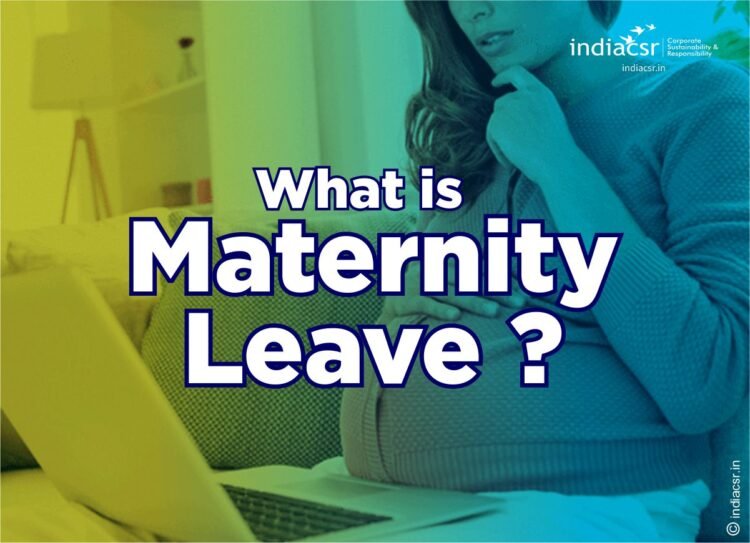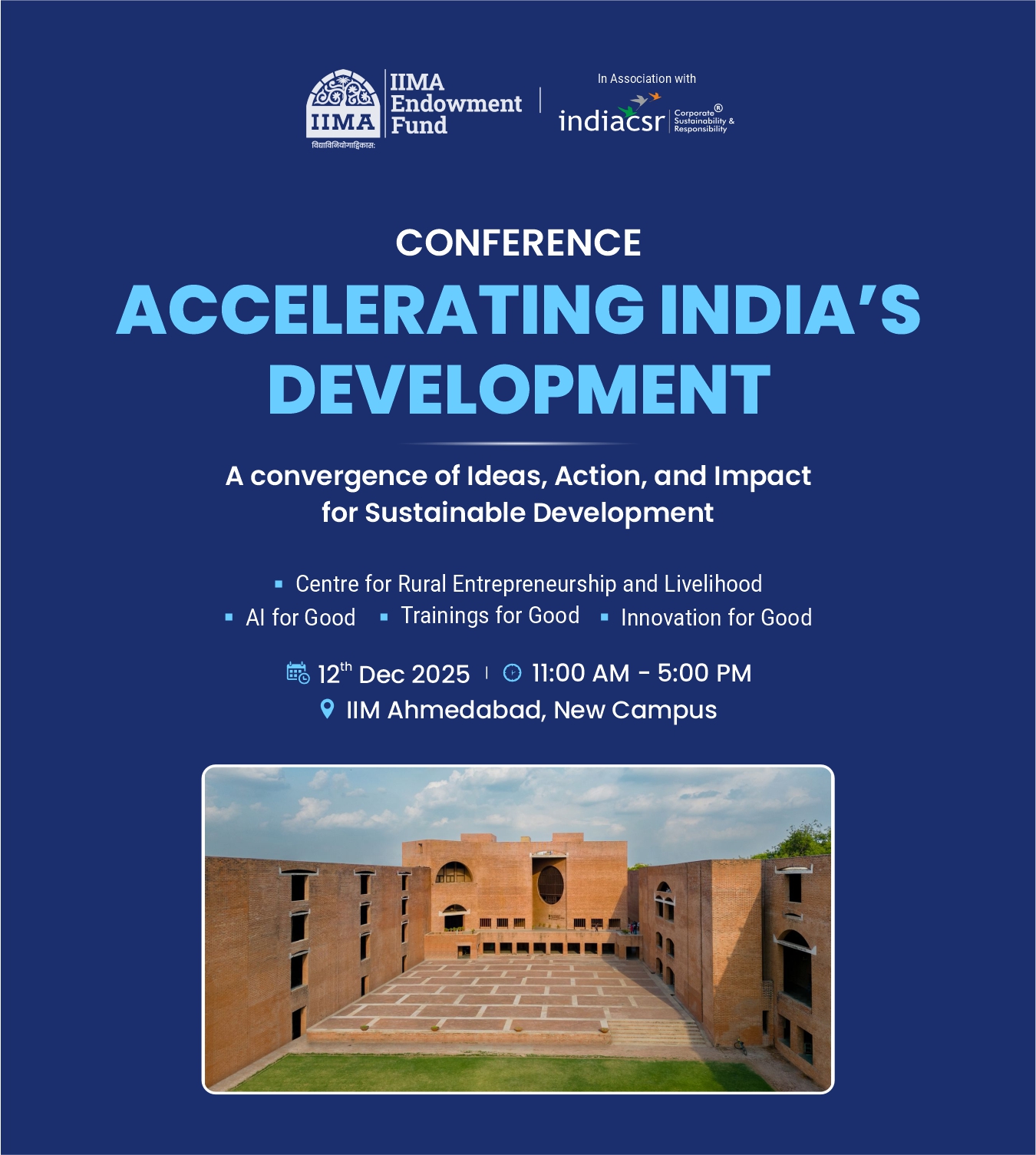NITI Aayog has suggested that both private and public sectors in India should consider extending the maternity leave period for women from the current 6 months to 9 months.
- Maternity leave in India is a progressive and beneficial policy that supports women before and after the birth of their child.
- It safeguards and protects their interests and livelihood, and allows them to nurture their newborns while taking care of themselves.
The Context
NITI Aayog member VK Paul has suggested that both private and public sectors should consider extending the maternity leave period for women from the current six months to nine months. Paul advised that both sectors collaborate with the NITI Aayog to develop comprehensive childcare facilities and take necessary action for elder care. NITI Aayog is the National Institution for Transforming India, which serves as the apex public policy think tank of the Government of India. It was established in 2015 to replace the Planning Commission, which followed a top-down model of policymaking.
The suggestions were made in an effort to address the need for millions of future care workers, emphasizing the importance of systematic training. The comments were in line with remarks made by Sudha Shivkumar, President of the FICCI Ladies Organisation (FLO), who stressed that care work, while economically valuable, is globally undervalued. She identified a significant gap in India’s system for identifying care economy workers and noted that India’s public spending on the care economy is relatively low compared to other countries.
What is Maternity Leave?
Maternity leave in India is a paid leave that pregnant working women can take to care for their health and well-being during pregnancy, childbirth, and the postpartum period. It also helps to promote gender equality in the workplace by allowing women to take time off to care for their newborns without worrying about losing their jobs or income.
Maternity leave is a period of time when a woman takes a break from work following the birth of a child. Maternity leave in India is governed by the Maternity Benefit Act of 1961. The Act provides for paid maternity leave of 26 weeks to all women employees who have been working in an establishment for at least 80 days in the preceding 12 months.
What Is Maternity Benefit (Amendment) Bill, 2016
In 2027, the Parliament passed the Maternity Benefit (Amendment) Bill, 2016 entitling paid maternity leave of 26 weeks, up from earlier 12 weeks. Currently, under the Maternity Benefit (Amendment) Bill, pregnant women who are working in the organized sector avail 26 weeks of paid maternity leave instead of 12.
Provision of Maternity Leave in the Organization
According to the Maternity Benefit Act of 1961, women who are employed in factories, mines, plantations, and organizations with 10 or more employees are entitled to maternity leave in India. The Act was amended in 2017 to increase the duration of maternity leave from 12 weeks to 26 weeks. The length of the leave varies depending on the number of children the woman is giving birth to. The Act also covers work-from-home or hybrid work models, adoptive mothers, commissioning mothers, and tubectomy cases.
Purpose of Provision for Maternity Leave
The provision of maternity leave is important for a number of reasons.
- First, it allows women to recover from the physical and emotional demands of pregnancy and childbirth.
- Second, it allows women to bond with their newborn children.
- Third, it helps to ensure that women have a safe and healthy pregnancy and childbirth.
Importance of Maternity Leave
Despite the importance and benefits of maternity leave, many women in India do not have access to it. This is due to a number of factors, including the lack of awareness of the law, the lack of enforcement of the law, and the lack of support from employers.
Benefits of Maternity Leave
The benefits of maternity leave are numerous.
Mother: For women, maternity leave can help to improve their physical and mental health, reduce stress, and improve their overall well-being.
Child: For children, maternity leave can help to improve their physical and emotional development and improve their attachment to their mothers.
Family: For families, maternity leave can help to improve their financial security and reduce stress.
Employer: For employers, maternity leave can help to improve employee morale, productivity, and retention.
Some of the benefits of maternity leave in India are:
Health benefits: Maternity leave allows women to recover from childbirth and take care of their physical and mental health. It also reduces the risk of postpartum depression, stress, and complications.
Establish a bond with newborns: Maternity leave gives women the opportunity to bond with their newborns and provide them with essential care, such as breastfeeding, immunization, and nurturing.
Job security: Maternity leave protects women from discrimination and harassment at work due to pregnancy or childbirth. It also ensures that they receive their full salary and benefits during their leave period.
HR maternity leave policy: Maternity leave can help employers retain their talented and loyal female employees and reduce turnover costs. It can also enhance their reputation and brand image as a family-friendly and progressive organisation.
There are a number of things that can be done to improve access to maternity leave in India. These include increasing awareness of the law, strengthening enforcement of the law, and providing support to employers.
Here are some of the benefits of maternity leave:
- Improved physical and mental health for women
- Reduced stress
- Improved overall well-being
- Improved physical and emotional development for children
- Improved attachment to mothers
- Improved financial security and reduced stress for families
- Improved employee morale, productivity, and retention for employers
Here are some of the things that can be done to improve access to maternity leave in India:
- Increase awareness of the law
- Strengthen enforcement of the law
- Provide support to employers
Some steps to writing a maternity leave application
To apply for maternity leave in India, you need to write a maternity leave application to your employer. A maternity leave application is a formal letter that informs your employer about your intention to take a break from work before and after your delivery. It also helps your employer to plan your workload and arrange for a substitute during your absence.
Here are some steps to write a maternity leave application:
Review your company’s maternity leave rules: Check the eligibility criteria, duration, benefits, and procedure of applying for maternity leave in your company. You can consult your HR department or refer to your employee handbook for more details.
Add the date and your address at the top: Write the date on the top right corner of your letter and your name and address on the top left. Leave some space between the two.
Include the recipient’s name and address: Write the name and address of your manager or supervisor to whom you are addressing the letter. Make sure you spell their name correctly and use their official designation.
Add a subject line: Write a clear and concise subject line that summarizes the purpose of your letter. For example, ‘Request for maternity leave’ or ‘Maternity leave application’.
Greet the recipient: Use a professional salutation to greet the recipient. For example, ‘Dear Sir/Madam’, ‘Dear Mr./Ms./Mrs. …’ or ‘Dear …ji’.
Write the body of the letter: In the first paragraph, state the reason for your letter and mention your expected delivery date. In the second paragraph, specify the duration and dates of your maternity leave. In the third paragraph, mention any arrangements you have made for your work during your leave and provide contact details for any emergencies. In the last paragraph, thank the recipient for their consideration and support.
Close the letter: End your letter with a courteous closing phrase, such as ‘Sincerely’, ‘Yours faithfully’, or ‘Regards’. Sign your name below the closing phrase.
Here is an example of a maternity leave application:
Date: <Date>
Name: <Name>, <Address>
Name: <Name>, <Company Name>, <Address>
Subject: Request for maternity leave
Dear <Name>,
I am writing this letter to inform you that I am pregnant and my expected delivery date is <Date>. I would like to request maternity leave as per the Maternity Benefit Act 1961.
As per the Act, I am eligible for 26 weeks of paid maternity leave, out of which 8 weeks can be taken before delivery and 18 weeks after delivery. Therefore, I would like to avail my maternity leave from to <Date>.
I have completed all my pending tasks and handed over my responsibilities to my colleague, <Name>, who will be taking care of my work during my absence. She is well aware of all the projects and clients I am handling and will keep you updated on the progress. You can also contact me at my phone number or email address in case of any urgent issues.
I request you kindly approve my maternity leave and grant me maternity benefits as per the company policy. I appreciate your support and understanding during this important phase of my life.
Sincerely,
<Applicant/Name>
Disclaimer: Please note that these policies might have been updated or changed after the publishing of the blog post. You should consult the most recent legislation or a legal professional for the most current information.
CopyRight@IndiaCSR





